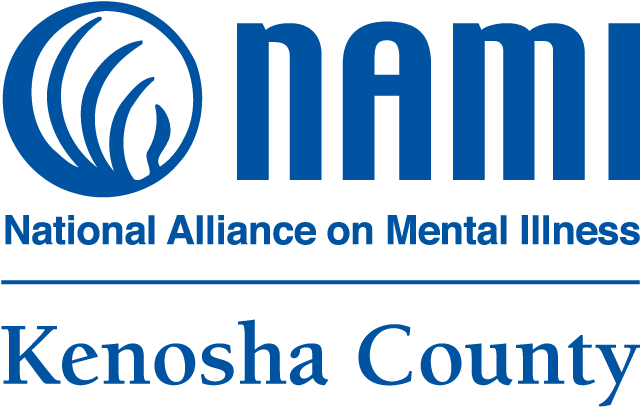NAMI Wisconsin offers educational classes, support groups, and presentations for Wisconsinites impacted by mental illness. These programs offer support and hope, and are free of cost to individuals and their families.
Programs and support groups are offered by local NAMI Affiliates such as NAMI Kenosha County. Check out the options in the Education section of this website.
